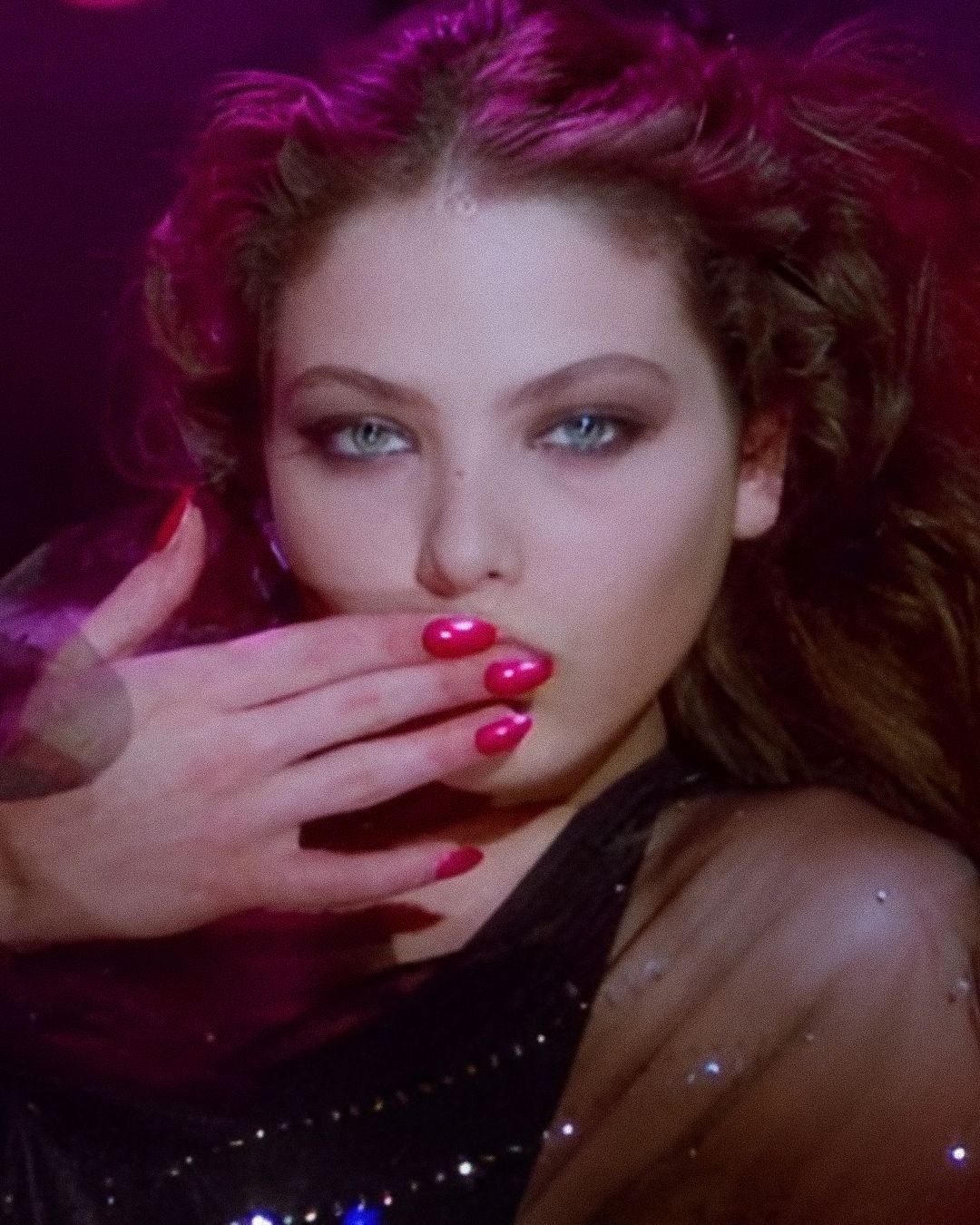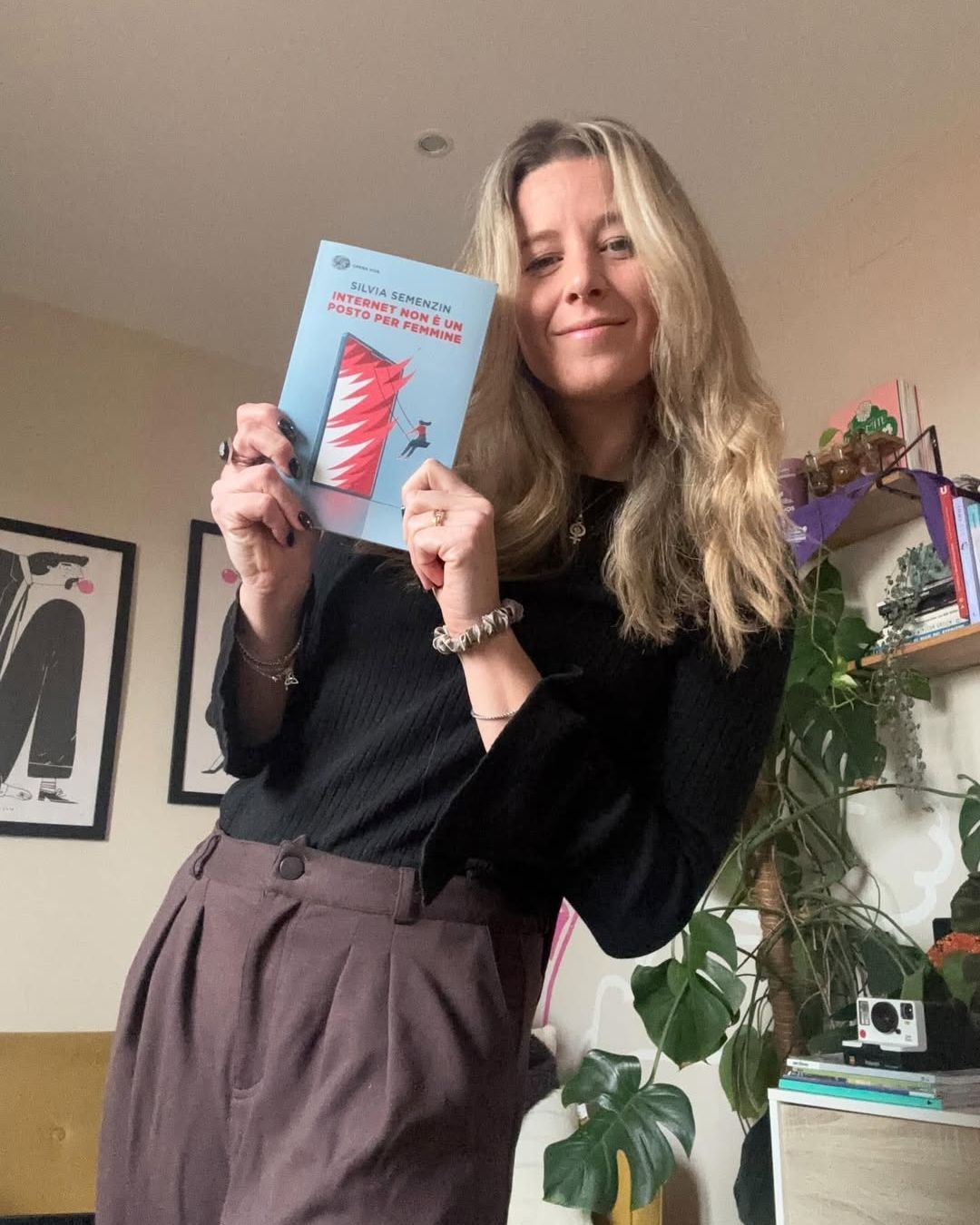
Not only Sanremo: is the Italian music scene misogynistic? We asked Tutta Scena for an opinion
"It's a physical explanation, about vocalization. The male voice is more harmonious, more pleasant; instead, graceful, beautiful, sweet female voices are certainly few, many fewer than male ones. It's no coincidence that there are many more male singers: the male voice has better pleasantness, the female one has different frequencies, truly appreciated only when they are truly special." These words were spoken by Francesco Renga six years ago, in the context of controversies regarding the percentage of women competing at the Sanremo Festival creatively directed by Claudio Baglioni. Out of 24 competitors, in fact, only 4 were women.
Sanremo Today: Number of Female Contestants
It's not all Baglioni's fault, mind you. Even in recent years, during the Amadeus era, things haven't improved much. In 2023, for example, there were only 10 women out of 28 contestants, including Francesca Mesiano (stage name California) of the Coma Cose, who sang together with her colleague and husband. None of them made it to the podium. Scrolling through the rankings, the first woman is in sixth place, and it's Giorgia with Parole dette male. Immediately after her victory was announced, Marco Mengoni said: "I dedicate this award to all the women who participated in the Festival. I was very disappointed, it would have been wonderful to have at least one woman on stage with us. They had wonderful songs. I believe we need to move forward and change something in this country." Which is more or less the opposite of what Renga said, but it has the same constructive utility. Also because this year the female contestants are still 10 - this time out of 30. Despite everything, it's not quite clear why, there have been plenty of headlines: it's the Sanremo of women. But are we sure? Will a possible victory solve an endemic problem that has been going on for years? The truth is that Sanremo reflects the current Italian situation, and the outlook is not rosy. Just ask Elodie, Loredana Bertè, and Clara, just to name a few.
Contextualizing with Tutta Scena
To address these questions, contextualize, and open up to reflection, we decided to ask Tutta Scena, who defines herself as a "woman who has been frequenting underground music environments for more than 15 years" and who wants to start a grassroots change, starting from an Instagram page. She made us reflect on how the misogyny of Italian music is not limited to the treatment of female artists, but also extends to the lyrics: "Some time ago I happened to read Il maschilismo orecchiabile (The Catchy Machismo), an essay by philologist Burgazzi, where a thorough analysis of 170 Italian song lyrics from the period between the fifties and the two thousands is carried out. The representation of women ranges from the angelic figure, immobile, enchantress, betrayer, trophy, property, prey to the doll. Think about our favorite songs from these years, or the ones our parents and grandparents used to sing to us: they are imbued with politically incorrect narratives as a reflection of a dominant ideology". Does it make sense to think of music as a political force, for better or for worse? According to Tutta Scena, absolutely yes: "I feel I can explicitly say that music is not just a melody devoid of meaning: it is a cultural construct that often proceeds hand in hand with dominant models. Music can be a product that criticizes the dominant macho, patriarchal, and colonial ideology through its own narration, but it will always remain a product that comes to life and continues to reproduce itself with the means of a capitalist and misogynistic society".
Sanremo, Inclusivity, and the Angel-Woman Concept
How does this discourse apply to the Sanremo we are watching? For example, we could open a parenthesis on the inclusion of different bodies, which then is one of the themes of the song by BigMama, but not only. "It would be truly inclusive not to be surprised anymore by the performance on stage of a fat woman dressed in latex, or to not label certain themes or accessories as feminine, or to treat a disabled person with normality without being caught up in pity and the imagery of a warrior" says Tutta Scena. "The point is that we are not used to seeing on TV people who do not conform to the ideal imagery that has been imposed on us for years: conforming, young, heterosexual. Reality, however, is more complex than that". Thank goodness. And on Renga's words with which we opened the article, she expands the discourse, contextualizing: "Always due to male privilege, individuals socialized as males are more inclined to be judged solely for their singing abilities. The individual socialized as female, on stage, brings together her history, her way of being, her physicality, and not just her voice. The female on stage is an angelic creature (to quote the legendary Renga) who cannot just be, but must prove to deserve that place, always due to the same patriarchal mechanisms".
Misogyny and Inclusivity in Music, What to Do?
Incorrect and misogynistic behaviors don't just happen on stage and behind the scenes but also among the audience. "Judging a girl on stage for how she's dressed and allowing oneself to judge her physique with unsolicited bully comments is a misogynistic behavior. Obviously, a man doesn't receive the same treatment. There are plenty of behaviors that exclude in general, but I would start with physical locations: they are not always accessible to all neurodivergent and disabled people". What is there to do? "Unfortunately, changes take time and patience. Certainly, becoming aware of one's privilege is a first step. Talking about it, talking about it, and talking about it again, with those who understand and those who don't. Making mistakes is crucial when learning to deconstruct one's own privilege and social superstructure, always keeping in mind that unless we go to live in a hermitage in the mountains, we will always be part of that culture and even our critical tools will be tainted. For example, I started with my parents, then friends, and then thought I would like to talk about it with strangers."
Annalisa
— Tony (@tblu56) February 7, 2024
Angelina
Alessandra
Emma
Questo è il Sanremo delle donne, delle loro fragilità e forza, stanno reggendo TUTTO! #Sanremo #SANREMO2024 #Sanremo24 pic.twitter.com/CPvCxdwNV1
The Importance of Talking About It
And Tutta Scena wants to do just that: talk about it. "What I want to do is instill awareness and build a grassroots community based on principles such as mutual aid. There is no judgment but self-criticism through the deconstruction of the things we take for granted even when we have fun in our free time. Underground music carries fundamental political values that we must also bring into reality and make them concrete. For me, there is no music without politics".

























































